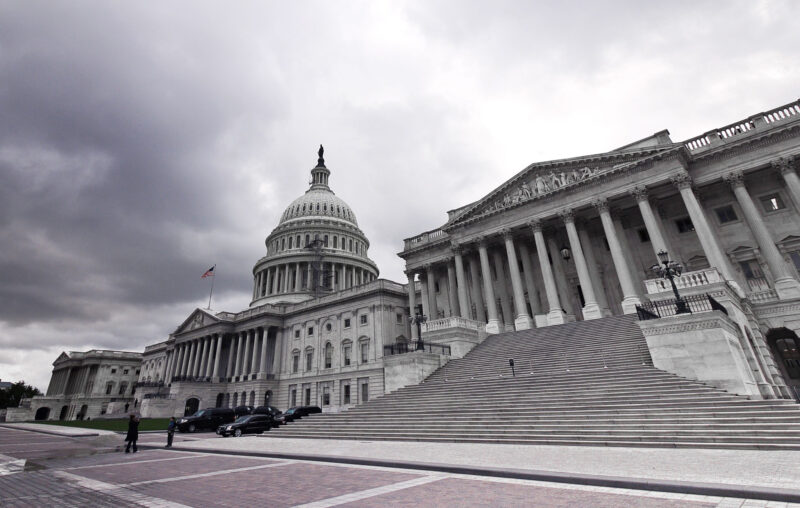Is There Any Such Thing as Legislation Anymore?

The attention given to the recent decision in Biden v. Nebraska rests fundamentally on political differences that have become increasingly stark, and that will no doubt continue to be the source of much disagreement. At its core, the question asked is primarily one of the wisdom of a policy decision made by a President, grafted onto a congressional statute granting him emergency powers, and then decided by the Court on what would ordinarily be viewed through the lens of narrow administrative law. The political stakes are high, and as a result the core policy issue that underlies the political debate is left unresolved by the Court’s decision.
On June 30th the Supreme Court of the United States ruled against the Secretary of Education´s use of the Higher Education Relief Opportunities for Students Act of 2003 (HEROES Act) to forgive student loan debts of 430 Billion Dollars on the basis that the Secretary of Education does not have the authority to enact this plan. While the ruling focuses on the Secretary’s authority, the plan itself emerged from a series of political promises made first by Candidate Biden, and later by President Biden to forgive student debt. With congressional opposition to a legislative approach clear, the Administration decided to work through the Department of Education to use the HEROES Act to accomplish administratively what they had been unable to do legislatively.
The plan, as laid out by the Department of Education and endorsed by President Biden, would have given up to $20,000 in debt forgiveness to students. Most borrowers would qualify for $10,000 in forgiveness as long as they were making less than $125k a year, or less that $250k in annual household income in 2020 or 2021. Those who received Pell Grants could qualify for another $10,000 of forgiveness. This plan would have completely eliminated the debts of 20 million borrowers, and lowered the median amount owed by another 23 million from $29,400 to $13,600.
In response to this administrative action, six states (Arkansas, Iowa, Kansas, Missouri, Nebraska, and South Carolina) challenged the plan, claiming the Secretary was exceeding his statutory authority. Last week’s decision held that “…the HEROES Act provides no authorization for the Secretary’s plan when examined using the ordinary tools of statutory interpretation–let alone ‘clear congressional authorization’ for such a program.”
The Secretary argued that by using the HEROES Act and title IV of the Education Act, the Department of Education could cancel student debt in order to assure that its recipients are not placed “in a worse position financially because of the national emergency.” The emergency they reference is the COVID-19 pandemic. To bolster this argument, the Secretary claimed that because the Act allows him to “waive or modify” regulatory provisions applicable to financial assistance programs, those abilities could be extended to fully cancel student loan debt. Chief Justice Roberts, writing for the majority, dismissed this notion observing “The Secretary’s plan has “modified” the cited provisions only in the same sense that “the French Revolution ‘modified’ the status of the French nobility”—it has abolished them and supplanted them with a new regime entirely. “With less rhetorical flourish the majority plainly states “it does not allow him to rewrite the statute completely”
The decision and the argument surrounding it have been derided by those who support action on student loan forgiveness as political activism. In one sense they are right. The question emerged primarily from the political reality that meant loan forgiveness was legislatively impossible. The majority cites convincing precedent that requires Congress to enact major changes like those the Secretary unilaterally proposed. Instead, they push the responsibility back to the legislative branch to enact legislation that explicitly gives the department such power.
The dissent adopts a wide reading of the authority granted by the HEROES Act. They, like the majority, rightly point to congressional action as the necessary source of the power in question, and regardless of the wisdom of the plan, Congress has given that power to the Secretary in order to alleviate the effects of a national emergency.
The Court is remarkably consistent in its view that at its core, congressional authorization is necessary, but diverge widely on the meaning of the statute, and how far undelineated grants of authority range. That the case is one with clear political undertones is clear, but those undertones were present from the day it became clear executive fiat would supplant legislative action, and not on the day the Court issued its ruling.













